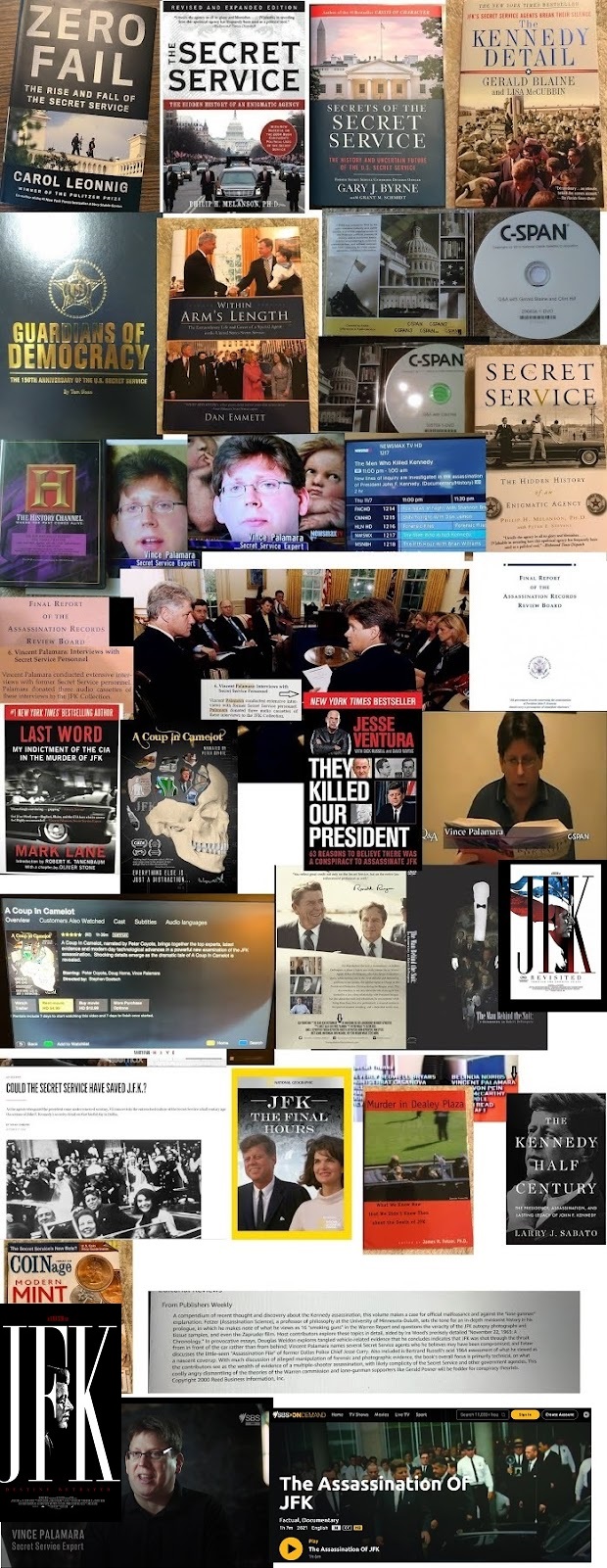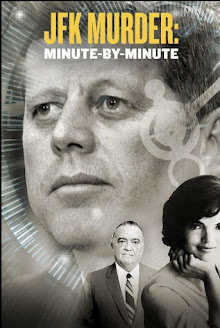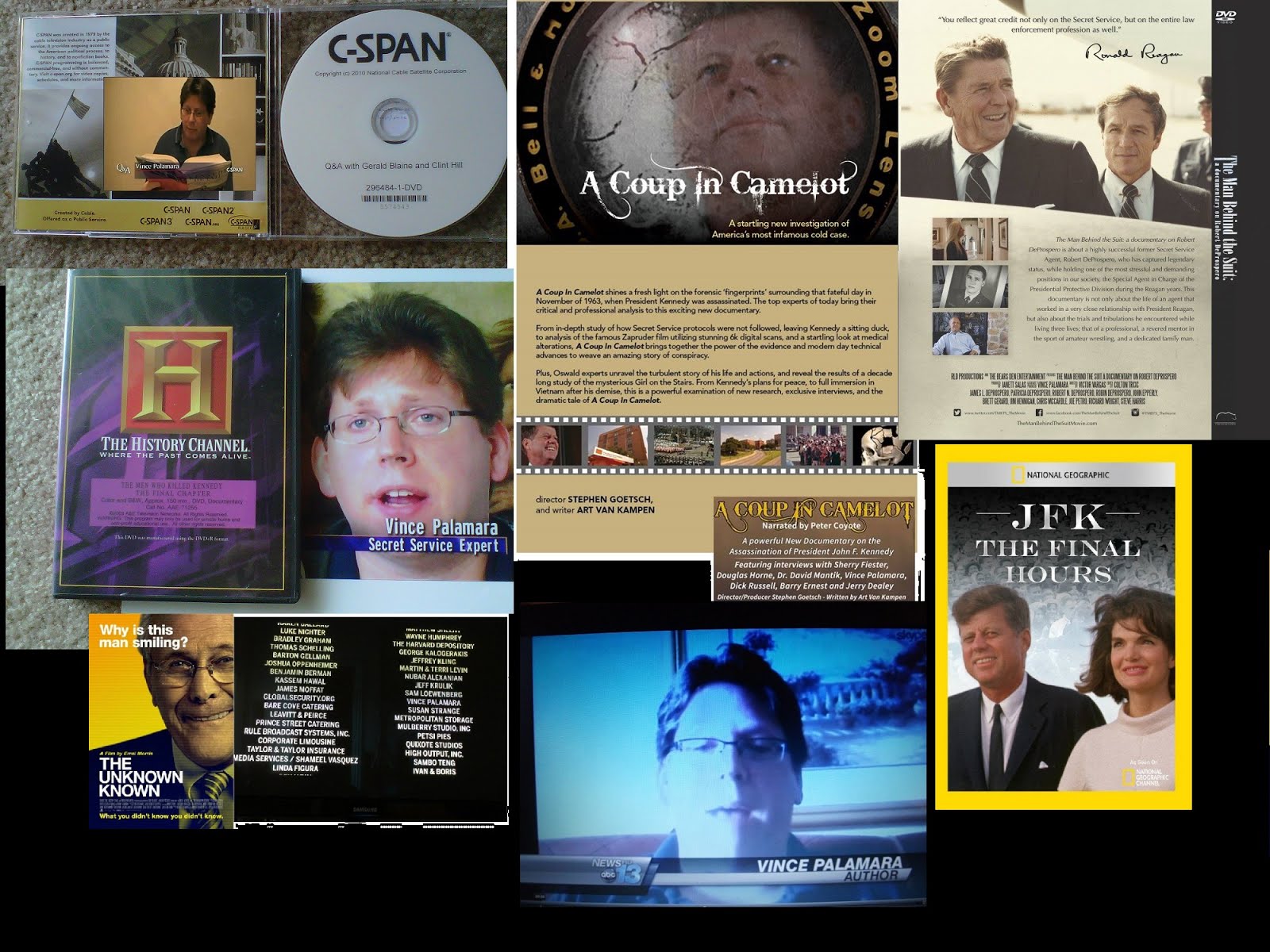By PAUL VITELLO
Published: February 22, 2013
Rex Scouten, a former household staff director at the White House and onetime Secret Service agent who worked for 10 presidents, from Harry S. Truman to Bill Clinton — and never accepted any of the offers he received to publish a memoir about his 50 years in the service of presidential privacy — died on Wednesday in Fairfax, Va. He was 88.
His death was confirmed by his daughter Carol Scouten.
Mr. Scouten served from 1969 to 1986 as the White House’s chief usher — in effect, the general manager of the hundreds of butlers, cooks, servers, housekeepers, carpenters, landscapers and others who conduct the business of the household, from the daily routines of the presidential family to state dinners.
From 1986 until his retirement in 1997, he was the White House curator for art and furniture acquisitions. He was a Secret Service agent at the White House from 1949 until 1960 under Truman and Dwight D. Eisenhower.
Friends had tried for years to get him to write a book, said Maria Downs, a White House social secretary during Gerald R. Ford’s administration and a longtime friend. “But it was anathema to him,” she said. “That was something press secretaries did, perhaps. Not the chief usher.”
Mr. Scouten was one of Truman’s bodyguards during the president’s unannounced 1951 trip to Wake Island to see Gen. Douglas MacArthur — the visit that preceded Truman’s decision to fire the general for insubordination. He was with Vice President Richard M. Nixon throughout Eisenhower’s presidency, accompanying Nixon on scores of international missions, including the 1959 trip to Moscow during which Nixon and Nikita S. Khrushchev engaged in their impromptu “kitchen debates” about the relative merits of Communism and capitalism.
Mr. Scouten was an assistant usher when news arrived that President John F. Kennedy had been shot. He later helped Jacqueline Kennedy with travel arrangements for the hundreds of family members and dignitaries coming to the funeral.
Mr. Scouten’s daughter said that after he retired, he received regular inquiries from literary agents and publishers interested in his memoirs. “But,” she said, “the way he saw it, he had worked in somebody’s house.”
Other people’s memoirs, and White House histories, offer glimpses of the world Mr. Scouten inhabited. In various books, he was described as holding up paintings that Mrs. Kennedy was considering hanging or soothing staff members left in tears by President Lyndon B. Johnson’s periodic tirades.
Betty Ford told a story about Mr. Scouten to Helen Thomas, the longtime White House correspondent, who published it in her 2003 memoir, “Thanks for the Memories, Mr. President.”
Shortly after Nixon’s resignation in 1974, Mrs. Ford told Mr. Scouten how White House staffers seemed to run away or avoid responding when she said hello, making her feel “terribly uncomfortable.” Mr. Scouten, after explaining that the Nixons had preferred that the servants keep out of sight, let the staff know that the Fords felt differently. Soon the Fords were trading golf scores with the butlers.
Rex Wayne Scouten was born on Sept. 16, 1924, in Dover, Mich., the only child of William and Bernice Scouten. His father was a farmer and rural route mail carrier. After serving in the Army during World War II, Mr. Scouten graduated from Michigan State University and joined the Secret Service. He was assigned to the White House after a brief stint in Detroit.
Besides his daughter Carol, survivors include his wife, Dorothy, and another daughter, Carla.
After giving a videotaped lecture on White House interior decoration in 2004 at the Nixon Library in Yorba Linda, Calif., Mr. Scouten was asked if the television series “The West Wing” accurately depicted life there. Mr. Scouten replied that he had never seen the show.










































![VINCE PALAMARA [remember to scroll all the way down!]](https://blogger.googleusercontent.com/img/b/R29vZ2xl/AVvXsEjSZ-Z_puqnjl3UgdiJxBenMyIMaFhmBD-PYQUsxCtFS4UF7dJQB6n32rt9a0ZqFRPmuBoukhrMZxv6LOD9GoUGPiaShO3wj_8xL98obRAsUbIf0mXutzbq7jKDrCp8Y-Y0k9rnS5ARjQQ/s1600/11.jpg)


![CHAPTER 8 OF ARRB FINAL REPORT [I AM IN THIS REPORT, AS WELL]...HMMM---THE SECRET SERVICE DESTROYS](https://blogger.googleusercontent.com/img/b/R29vZ2xl/AVvXsEimGbOuG69gW-cgAbsfjd8p8PD-subznIjcsQXUSFq560o_kiXunf9TcH0fkOqmWuK73id6m5TyVMhWcfBrPUEee6JLbvqNZKdIVQa5Drcz568Ue6GZdf_PUtLuLwPDcucv3gOn5KGBZPw/s1600/DSCF0462.JPG)




No comments:
Post a Comment